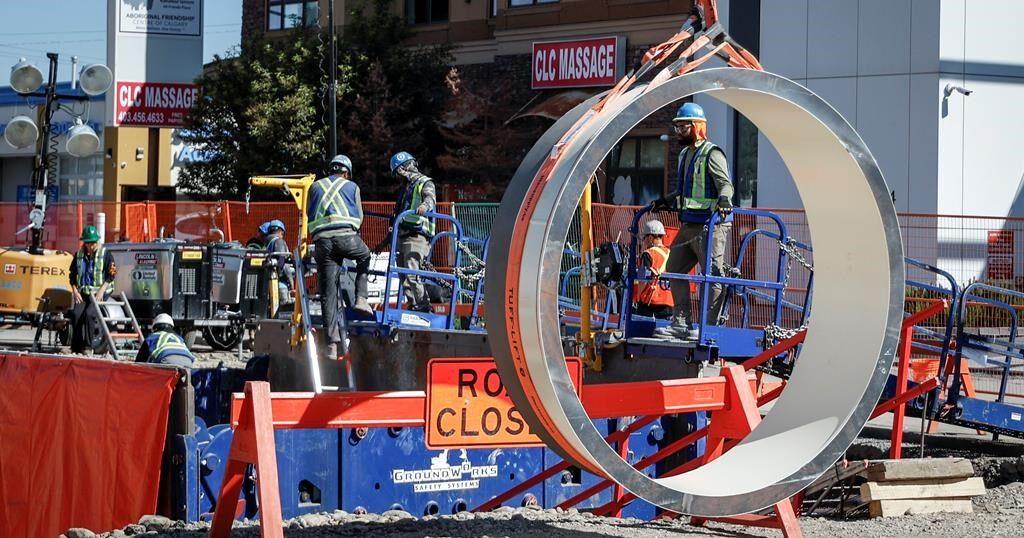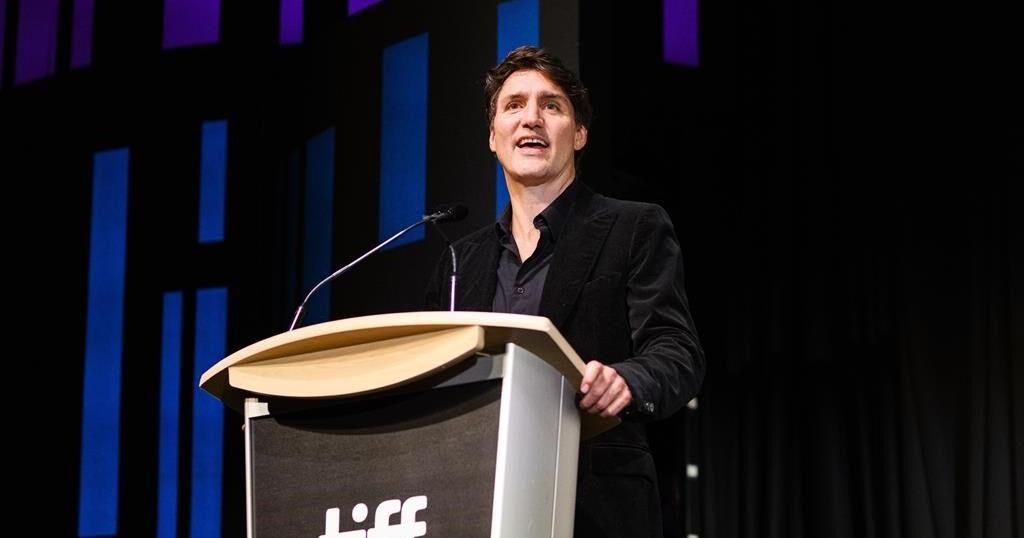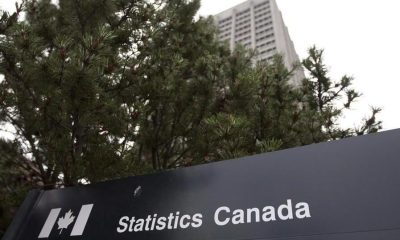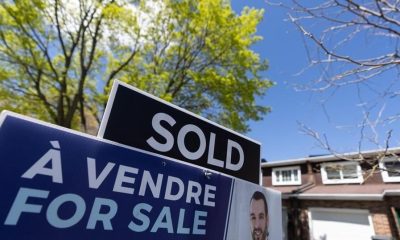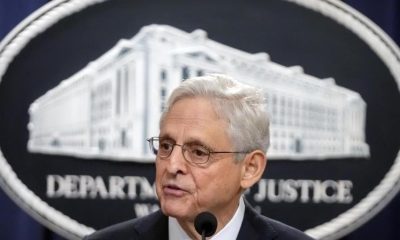CALGARY – For almost two weeks, a city of 1.6 million people has been told once again to stop watering lawns, take three-minute showers, hold off on laundry and dishes, and let the yellow in their toilets mellow.
Calgarians are about halfway through water rationing redux and, this time, more has gone down the drain than the city can sustainably manage as a troubled pipe is repaired.
Some who study social dynamics during crises say it will take continued appeals to citizens’ better natures, a constant stream of detailed information and a sparing use of punishment to get through the outage, slated to end around Sept. 23.
Canadians are generally a rule-following bunch who are willing to act for the common good, says University of Calgary philosophy professor Allen Habib.
“If the authorities asked you to do something, that’s a reason to do it right there,” he said.
But he said it gets harder the longer it goes on.
In early June, the Bearspaw South Feeder Main in northwest Calgary suddenly burst, forcing a citywide clampdown on water use.
Restrictions had mostly been eased, when the city announced in early August that more trouble spots had been found along the more than 10-kilometre pipe, which would have to be dug up and reinforced.
Not doing so, city officials have said, would risk another catastrophic break during the winter, when river flows can’t be relied upon to replenish reservoirs.
Calgarians typically use about 600 million litres of water each day. The city says it can comfortably manage 485 million litres of daily usage while the massive main is down.
Between that amount and 500 million litres, the system is working full-tilt. Anything above 500 million litres means the city would struggle to replenish supplies.
On Friday, water usage was roughly 502 million litres, likely due to scorching weather, said Francois Bouchart, the city’s director of capital priorities and investment.
“We are incredibly thankful for the water savings Calgarians have made so far,” he said.
“If everyone in Calgary skipped one extra toilet flush, we would save a further eight million litres. Skip two flushes, and we have reached our goal.
“These small actions truly add up.”
But Bouchart said enforcement officers continue to hand out $3,000 fines for outdoor watering with potable supplies.
“We understand that it can be frustrating when you’re doing your part and see others who are not,” he said, encouraging people to report water misuse.
Punishment is one important lever the city has, but Habib said positive reinforcement tends to be the best first-line approach.
“I’d be surprised if (fines) played a super big role in motivating people,” he said.
Caroline McDonald-Harker, a sociologist at Mount Royal University, said Albertans have faced a litany of recent crises, like the 2013 southern Alberta floods, the 2016 Fort McMurray wildfire and the COVID-19 pandemic.
Calgary’s water restrictions are a minor nuisance in comparison, she said.
“It is understandable that people are starting to become a little frustrated,” said McDonald-Harker, who also directs the Centre for Community Disaster Research.
“We’re seeing that some individuals are just getting tired of constantly having to be on alert, constantly thinking about their day-to-day life and routines and having to adapt.”
Most residents seem to be on board, she said. The more information they get, the more likely they are to comply.
“They’re able to see what impact it’s having and they’re able to see the end goal,” McDonald-Harker said.
City officials have held almost daily news conferences on water use, reiterating why restrictions are necessary and describing in painstaking detail the progress of the dig-up.
It helps when citizens can see they can collectively make a difference, said McDonald-Harker, pointing to how Albertans cut their power use almost instantly when the electrical grid came under strain earlier this year.
Children could be enlisted in the effort, she said, as research has shown them to be effective intermediaries between authorities and the adults in their lives when a problem requires collective action.
“My recommendation would even be for this messaging to be pushed through the school system to kids and they can take that information back to their parents,” said McDonald-Harker.
John Ellard, a University of Calgary psychology professor, said messaging about fines should be couched in praise and appreciation for the majority who seem to be doing what’s asked.
He’s not so sure the uptick in water use can be explained by non-compliance. It could be that, with the school year starting, there are simply more people drawing on resources than before.
“The more people perceive there’s fatigue and non-compliance, the more it gives them justification for breaking the rules themselves.”
This report by The Canadian Press was first published Sept. 7, 2024.



